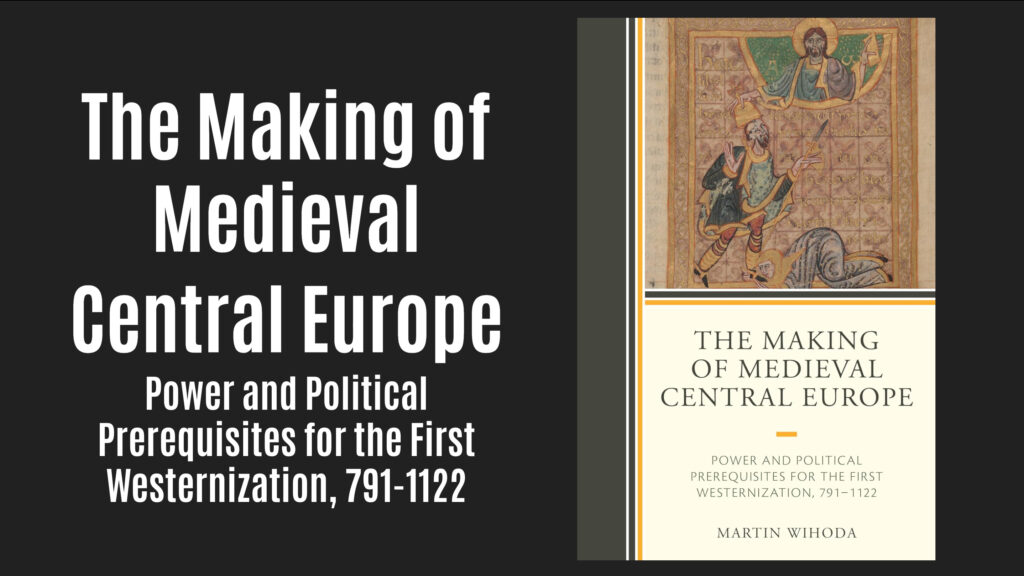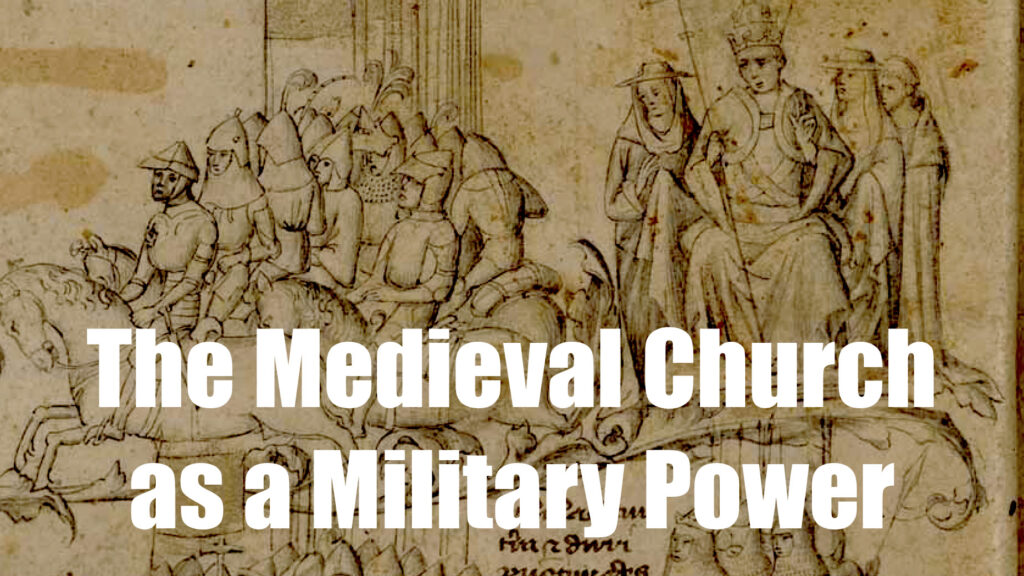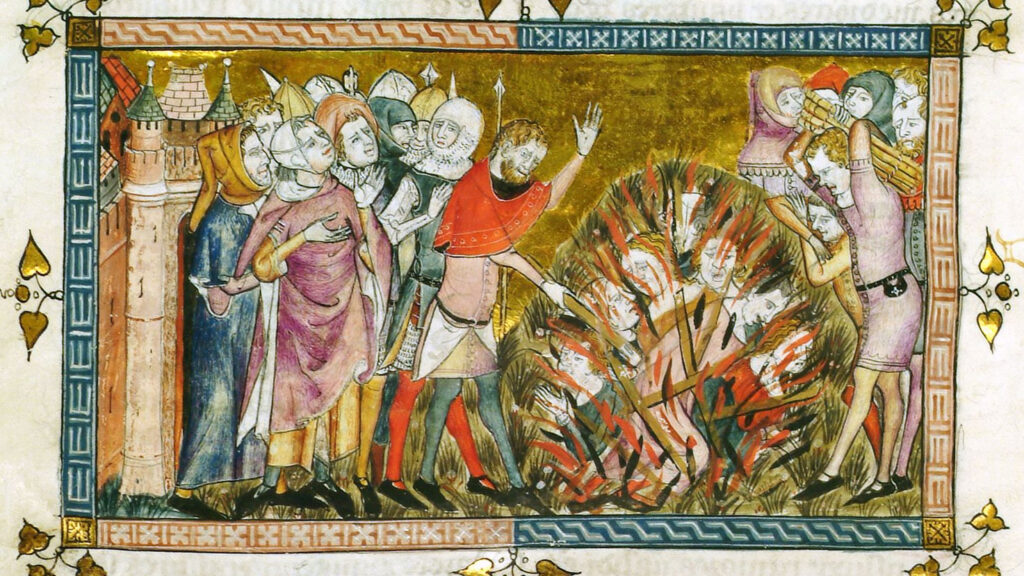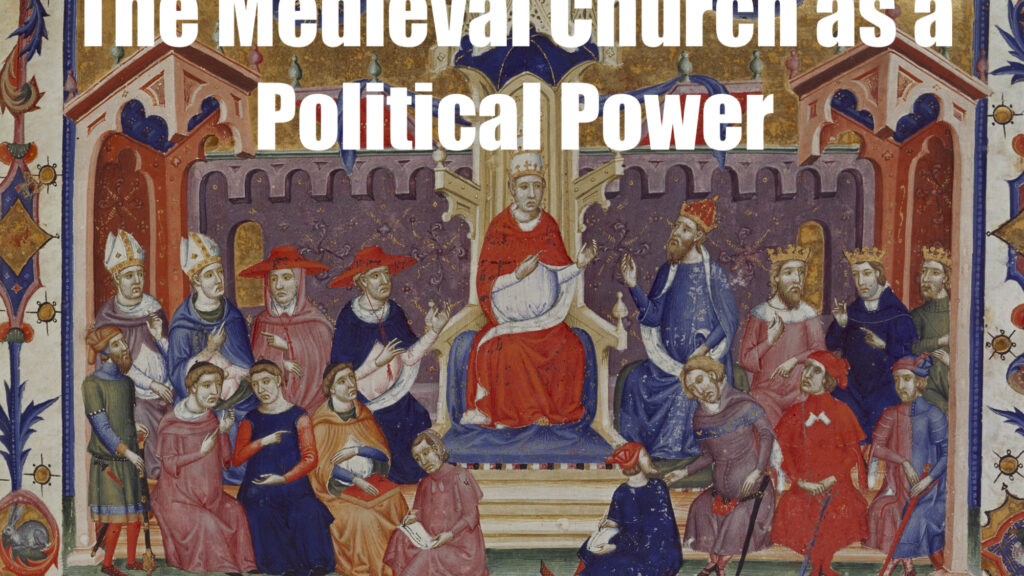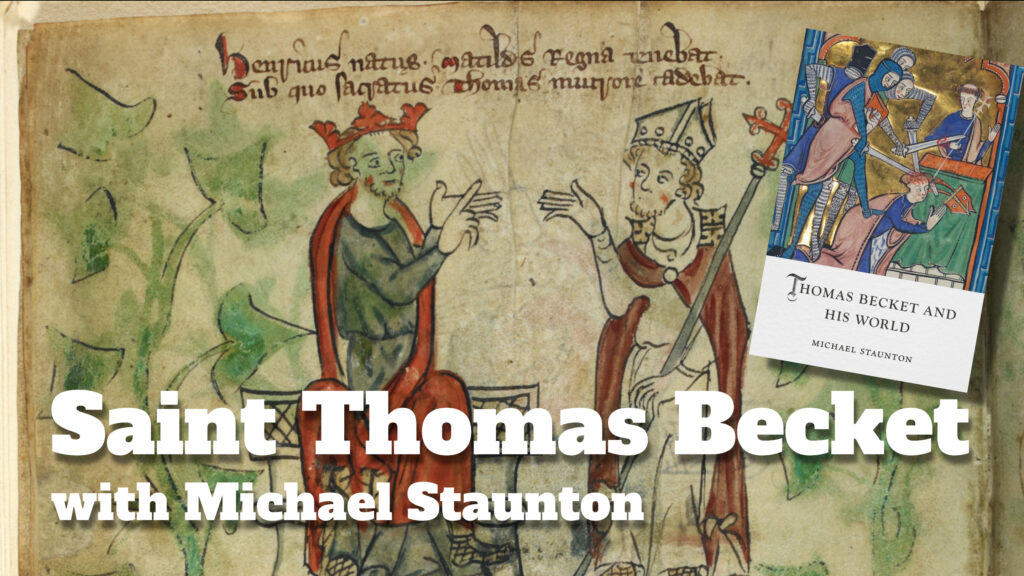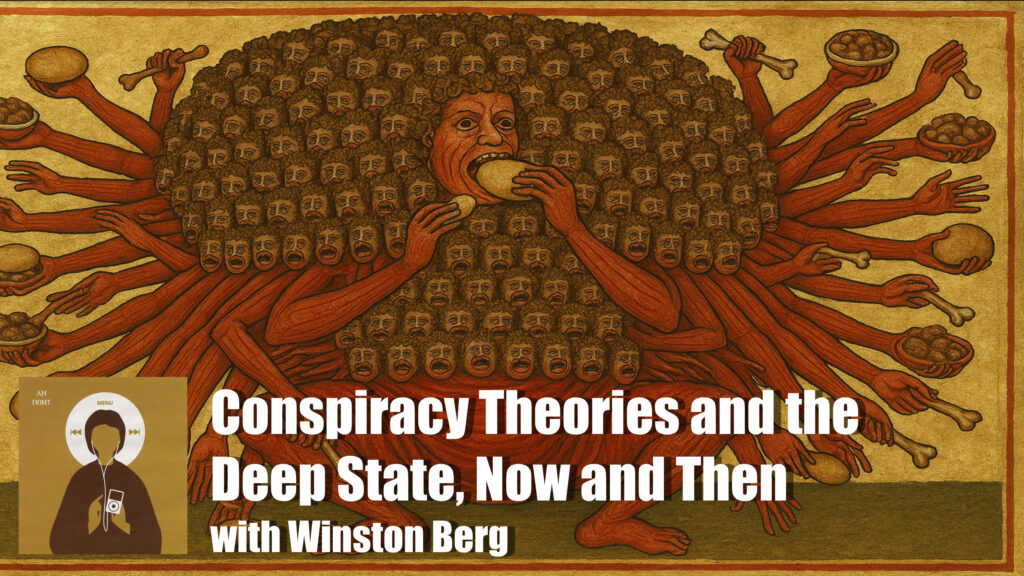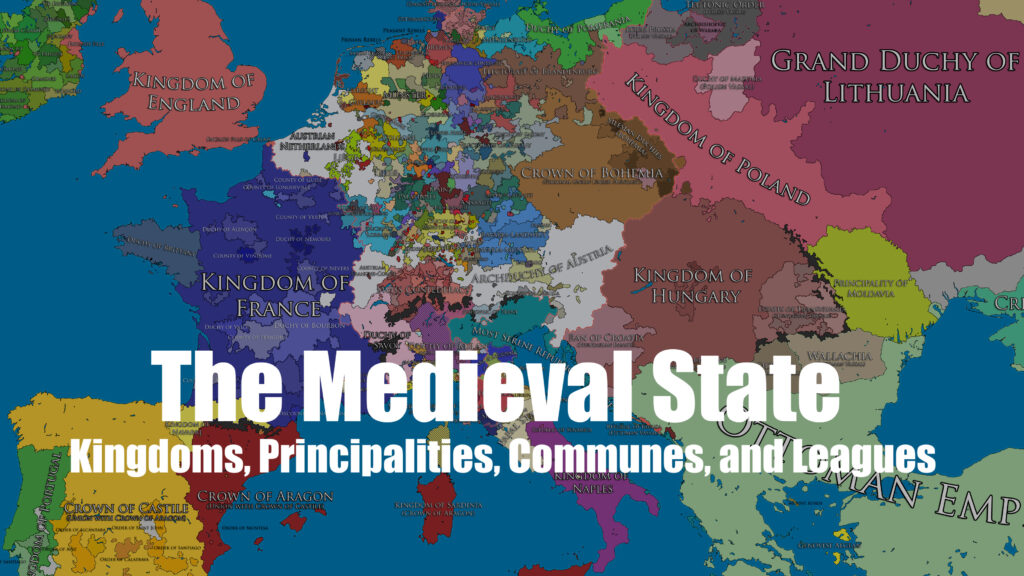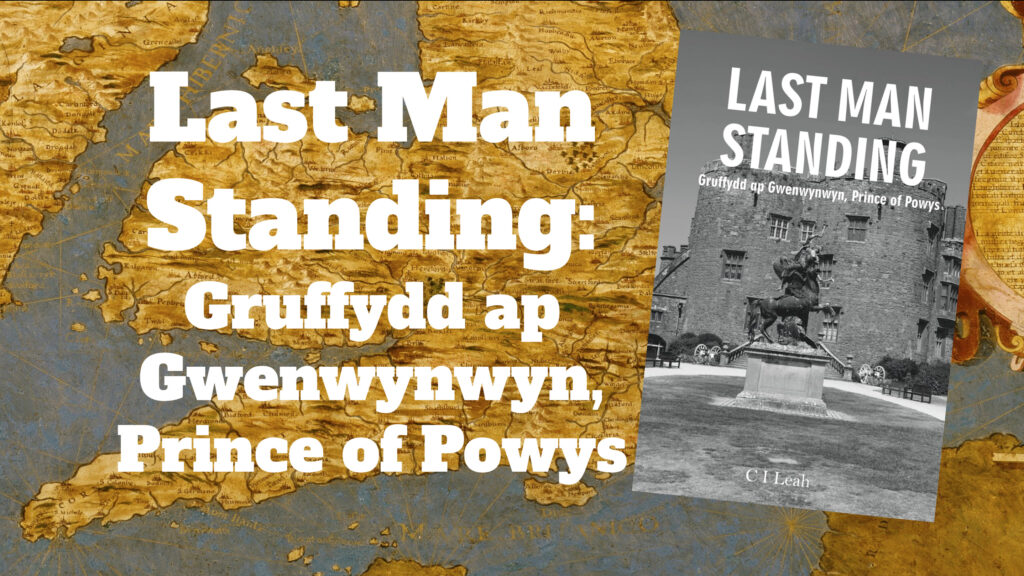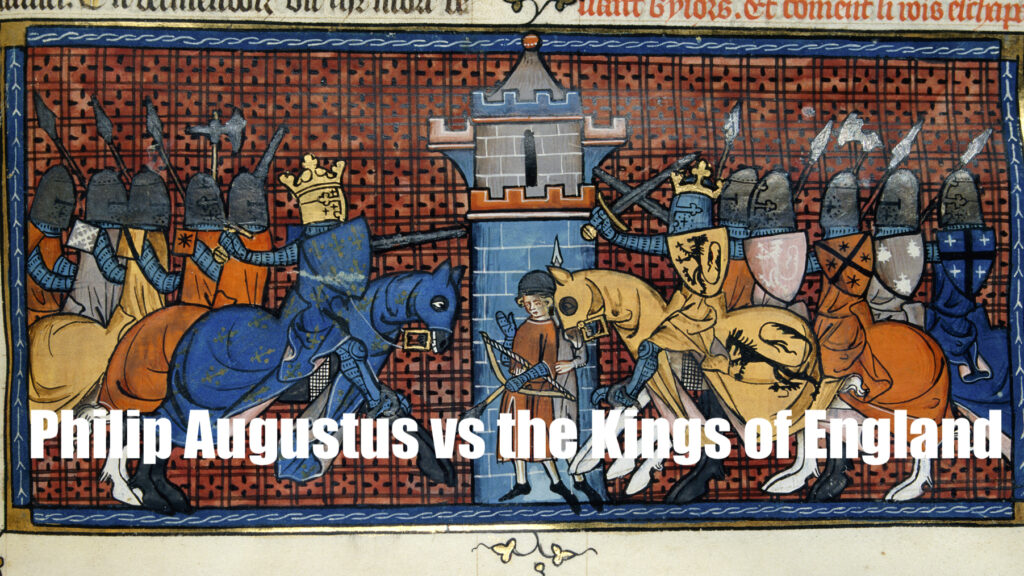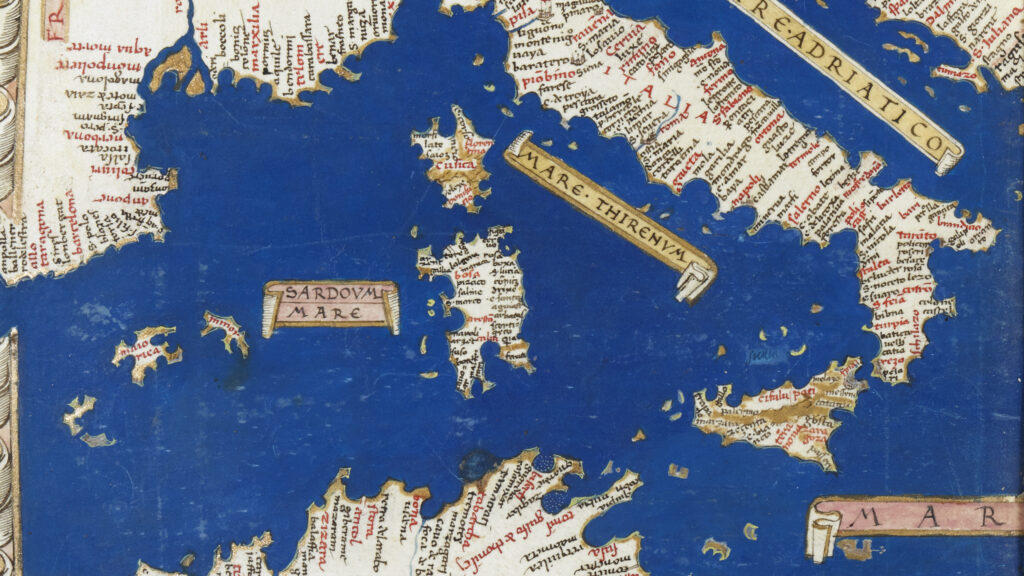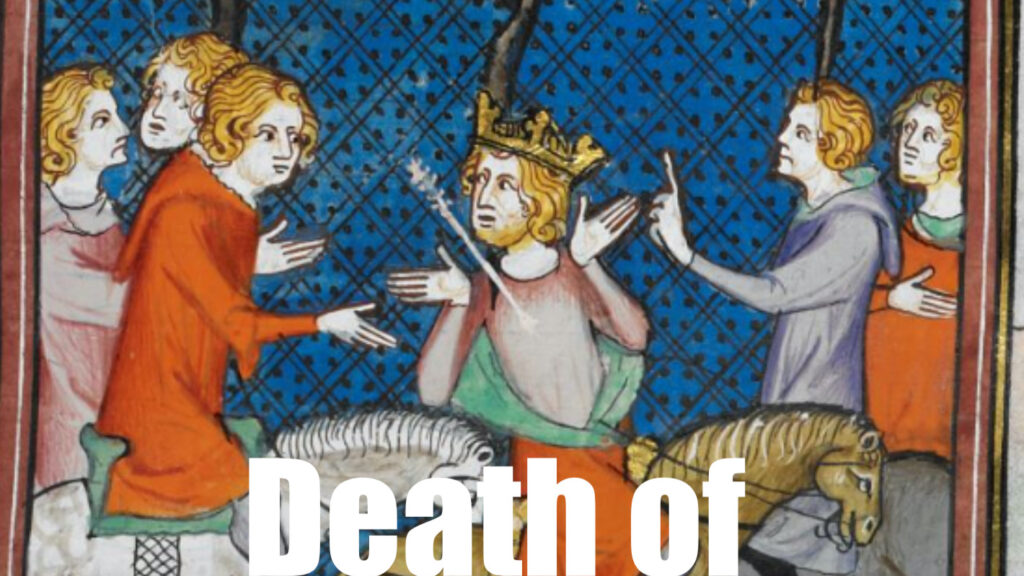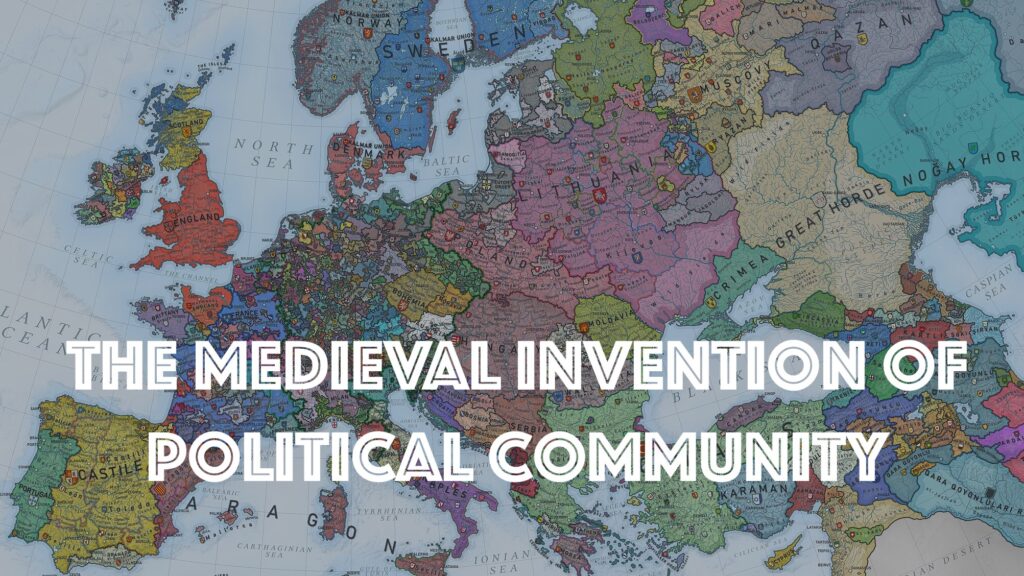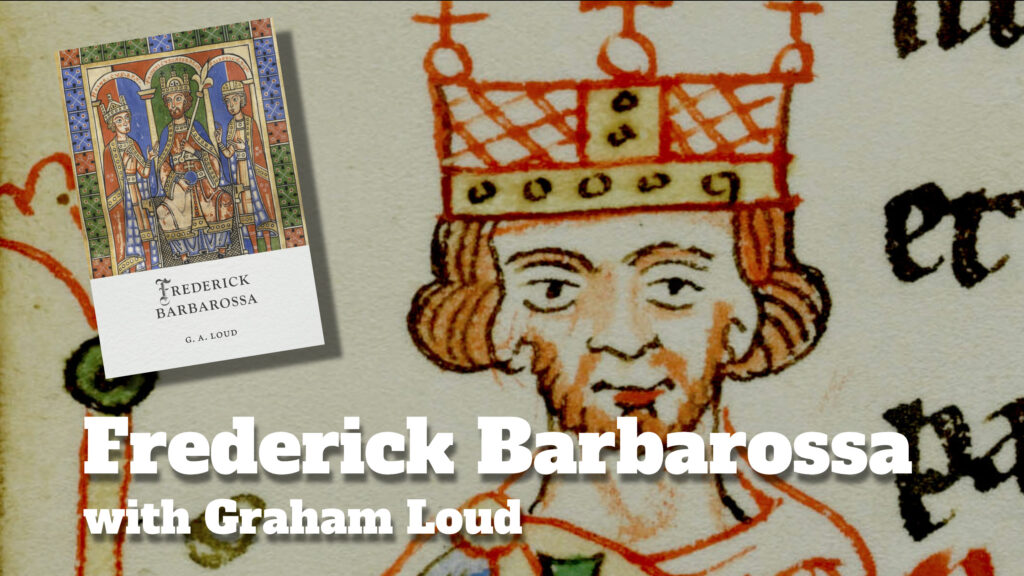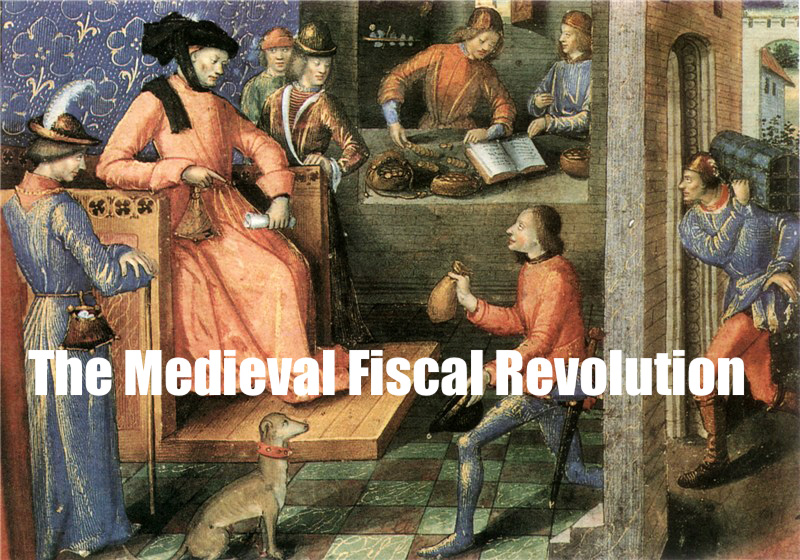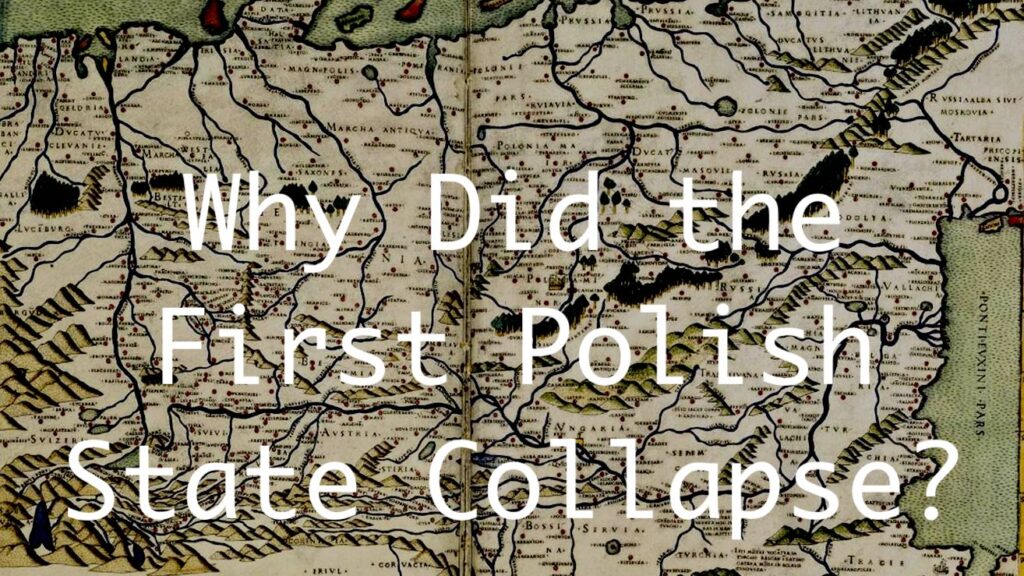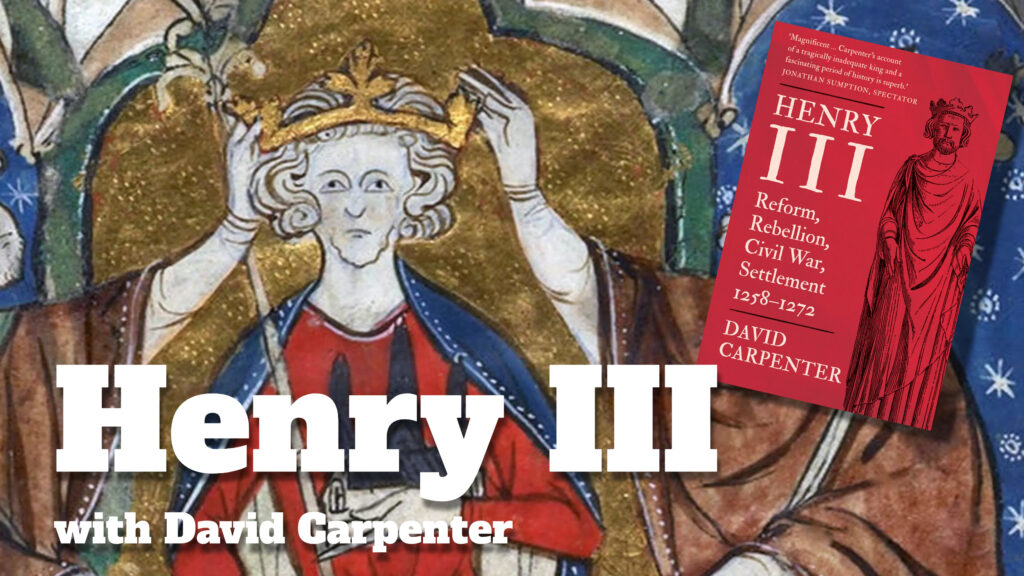New Medieval Books: The Making of Medieval Central Europe
As the Poles, Czechs, and Hungarians established their medieval states, they became deeply entangled with the Holy Roman Empire and other Western European powers. This book explores the complex politics and state-building processes of Central Europe, a region marked by both cooperation and conflict.
The Medieval Church as a Military Power
Discover how the medieval Church emerged as a major military power, mobilizing secular armies, launching crusades, and creating unique warrior-monks through the military religious orders.
Were there Conspiracy Theories in the Middle Ages?
Did conspiracy theories exist in the Middle Ages? Exploring how medieval plots, suspicions, and scapegoating gave rise to early forms of conspiratorial thinking.
The Medieval Church as a Political Power
Discover how the medieval Church operated as a political power—ruling territories, collecting taxes, and challenging kings across Latin Christendom.
Saint Thomas Becket with Michael Staunton
This week, Danièle speaks with Michael Staunton about Thomas’ rapid rise to the highest positions in England, his epic feud with Henry II – including what part Henry might have played in Thomas’ martyrdom – and the aftermath of the infamous murder in the cathedral.
Conspiracy Theories and the Deep State, Now and Then, with Winston Berg
Winston Berg is a political scientist who studies modern American conspiracy theories about politics and the deep state; his dissertation studied the movement known as QAnon. Given our political moment, I thought it would be interesting to discuss with him the different contours and valences that conspiracy theories and deep state notions took in the east Roman polity and in the United States.
The Medieval State: Kingdoms, Principalities, Communes, and Leagues Explained
The medieval world was politically diverse. From royal courts to self-governing cities and confederated leagues, power was expressed in many forms—often far from…
Last Man Standing: Gruffydd ap Gwenwynwyn, Prince of Powys
C.I. Leah previews his new book that examines the complex legacy of Gruffydd ap Gwenwynwyn, the Welsh prince who aligned with England to preserve his power. Was he a traitor—or the last man standing in a fractured medieval Wales?
Philip Augustus vs. the Kings of England: A Medieval Power Struggle
Discover how Philip Augustus of France outmanoeuvred four English kings through diplomacy, war, and strategic alliances—reshaping medieval Europe in one of its most pivotal power struggles.
Did Pisa and Denia Form an Alliance in the Eleventh Century?
New research suggests a long-lost partnership between a Christian city and a Muslim taifa reshaped Mediterranean politics before the Crusades.
What if a Nightmare Foretold Your Death? The Strange Final Days of William Rufus
After a terrifying dream warns him of his sins, King William Rufus vows to change—only to be killed the next day in a mysterious hunting accident. A 12th-century poet tells the chilling tale.
New Medieval Books: Robert de Vere, Earl of Oxford and Duke of Ireland (1362-1392)
This biography re-examines the life of Robert de Vere, the English nobleman best known as a childhood friend of Richard II. It investigates whether he truly deserved the reputation of a shameless sycophant that medieval chroniclers gave him.
The Medieval Invention of Political Community
Discover how medieval thinkers reshaped the concept of political community using ideas from Roman law, Christian theology, and Aristotelian philosophy—laying the intellectual foundations for the modern state.
Frederick Barbarossa with Graham Loud
This week on The Medieval Podcast, Danièle speaks with Graham Loud about how Barbarossa came to power, how he managed to reign supreme in both Germany and Italy despite some bumps along the way, and why he’s sometimes revered as a once and future king in Germany.
The Medieval Fiscal Revolution: How Kings Took Control of Money and Taxes
Discover how medieval kings transformed their realms through a “fiscal revolution” that centralized control over coinage and taxation, reshaping the foundations of state power.
Why the First Polish State Collapsed: An Environmental and Political Breakdown
A new study uncovers why Poland’s first kingdom—the Piast state—collapsed so quickly, linking slave trade wealth, ecological intensification, and political fragility. Archaeology, pollen records, and coin hoards reveal the state’s rapid rise—and sudden unraveling.
The Medieval Judicial Revolution: Royal Power and the Rise of State Justice
This article explores the so-called “judicial revolution” of the Middle Ages, showing how European monarchs reasserted control over legal systems and laid the groundwork for the modern state through centralized justice and royal authority.
Why Medieval Wars Were Fought: Power, Borders, and Sovereignty
Medieval wars weren’t always about religion or feudal duty—they were often about who had the right to rule and where. Beneath the surface of conflicts like England’s wars with Scotland and France were deeper struggles over sovereignty, territory, and the very shape of emerging states.
New Medieval Books: Chronicle of King Charles VII
An edition and translation of a chronicle by a monk with ties to the French government, offering a detailed account of political and military events in France, particularly those of the Hundred Years’ War.
Six Medieval States That Merged Peacefully
Not all medieval states were forged through war—some united through diplomacy, marriage, and mutual agreement. These six peaceful mergers strengthened kingdoms, expanded influence, and reshaped the political landscape of Europe.
Lucrezia Borgia’s Life in Ferrara: Marriage, Intrigue, and Scandal
In 1500, Lucrezia Borgia found herself once again a pawn in the ruthless game of power and politics. With two failed marriages behind her—one ending in murder—she was at the centre of a marriage negotiation that would test the strength of two powerful families: the Borgias and the Estes of Ferrara.
25 Medieval Women Who Ruled
Medieval history is filled with powerful women who ruled as queens, empresses, and sultanas, shaping kingdoms and empires despite the challenges they faced. From warrior rulers to master diplomats, these 25 medieval women defied expectations and left a lasting impact on history.
King Alfred’s Peace-Making Strategies with the Vikings
Explore how King Alfred’s peace-making strategies, from treaties to baptisms, reshaped Viking leaders into Christian rulers, ultimately transforming the fate of medieval England.
The Mailman Was a Spy: Espionage in the Medieval Islamic World
The medieval Islamic world wasn’t just ahead in literacy and urbanization—it also built one of history’s most sophisticated spy networks. From mail carriers who doubled as informants to queens and singing-girls gathering secrets, espionage was woven into the fabric of power.
Henry III with David Carpenter
This week on The Medieval Podcast, Danièle speaks with David Carpenter about what people loved and loathed about Henry, how he managed to survive the rockiest moments of his reign, and the incredible architectural legacy he left behind.
